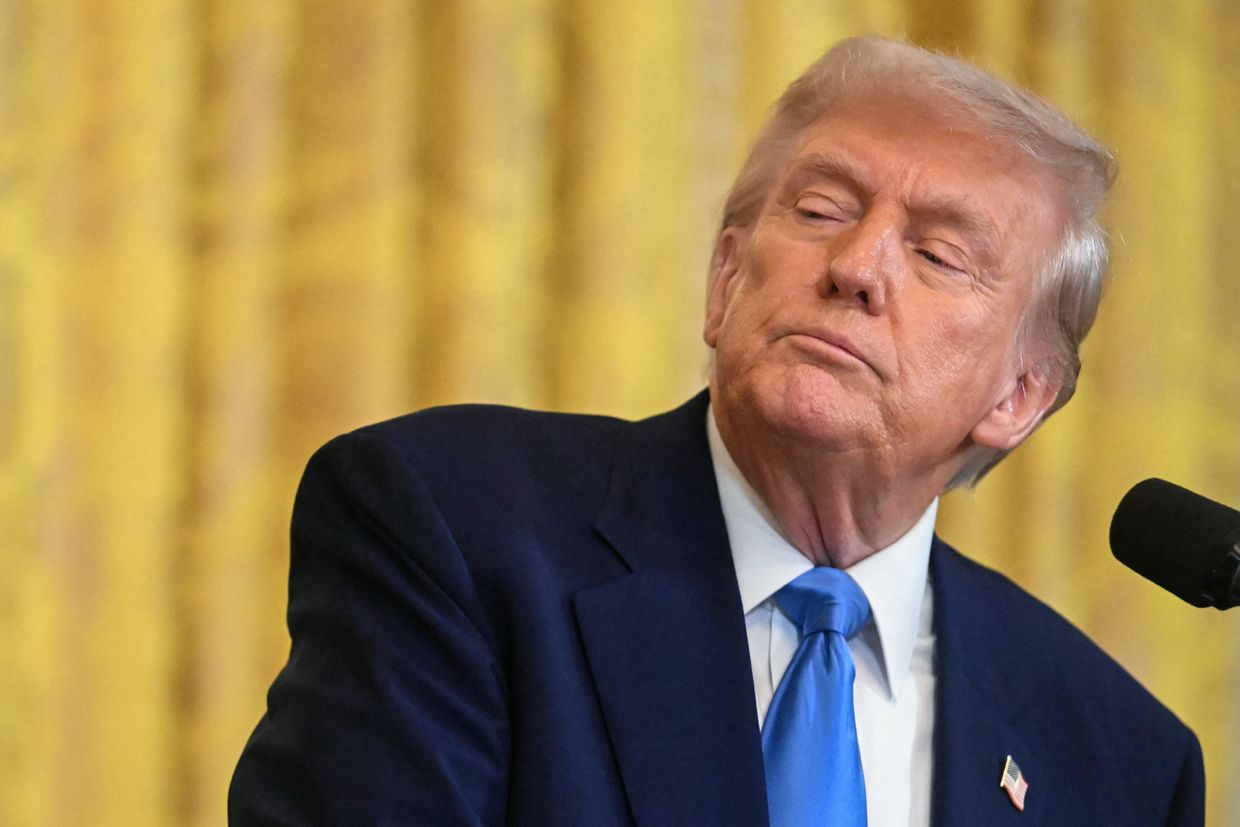Russian Foreign Minister Sergey Lavrov claimed on March 26 that resuming Russian energy supplies to Europe is in the interest of both Moscow and Washington, alleging discussions about Nord Stream pipelines, state-owned news agency TASS reported.
"Now, of course, there are disagreements. But the interest in restoring normal energy supply to Europe is not the interest of the United States and Russia alone," Lavrov said.
"There is talk about Nord Stream. It will probably be interesting if the Americans use their influence on Europe and force it not to give up Russian gas," he claimed.
The Nord Stream pipelines, which connect Russia to Germany under the Baltic Sea, were key routes for Russian gas exports to Europe. Nord Stream 1 began operations in 2011, while Nord Stream 2 was completed but never became operational.
In September 2022, three of the four pipelines were severely damaged in an apparent sabotage attack. The incident effectively ended Russian gas flows to Europe through the route, forcing EU nations to diversify energy supplies.
Lavrov accused European leaders of blocking efforts to restore Nord Stream, targeting German Economy Minister Robert Habeck, European Commission President Ursula von der Leyen, and German Defense Minister Boris Pistorius.
"They all say that they will never allow Nord Stream to be restored. These are either sick people or suicides," Lavrov claimed.
This comes as Matthias Warnig, a former East German intelligence officer and longtime ally of Russian President Vladimir Putin, is reportedly lobbying U.S. officials to support a potential restart of Nord Stream 2.
Warnig, who led the pipeline's parent company on behalf of Kremlin-controlled gas giant Gazprom until 2023, is allegedly trying to establish contact with U.S. President Donald Trump's team through American business figures.
Any deal to revive Nord Stream 2 would require Washington to lift sanctions and for Germany to approve resuming Russian gas imports, according to the Financial Times.
The Trump administration has sought to broker a peace deal in Ukraine while restoring ties with Russia, reportedly eyeing cooperation in the energy sector and the Arctic.














